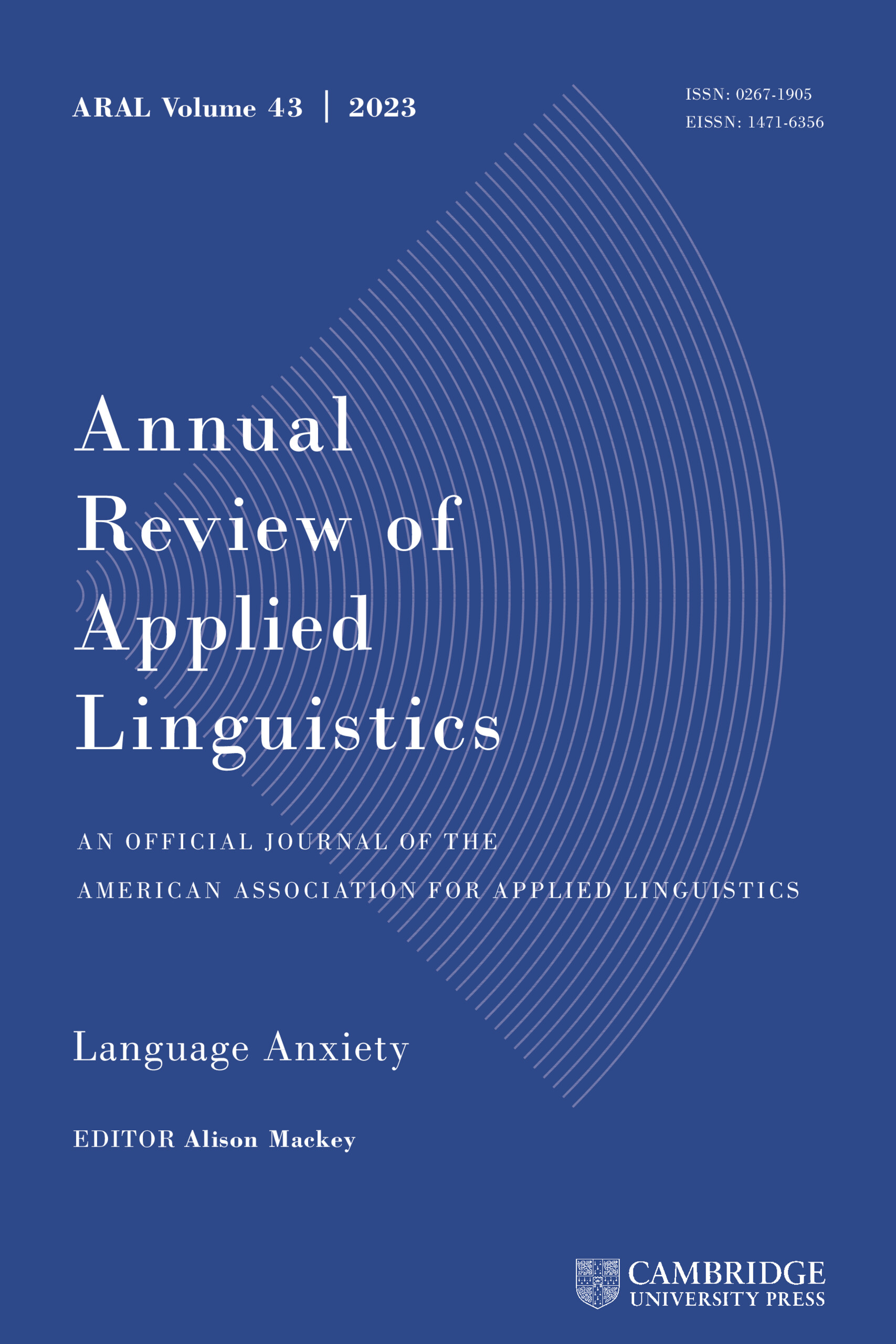Article contents
EDITOR'S INTRODUCTION
Published online by Cambridge University Press: 15 June 2004
Extract
Has language pedagogy advanced since the topics included here were last addressed in the Annual Review of Applied Linguistics in 1998 (Vol. 18)? Yes, in many directions, as a survey of these contributions reveals. Even with respect to the traditional “four skills,” discussed in the first section, professional understanding of best practices is now more differentiated with respect to both purposes and means of language instruction, in part because of advances based on recent related research. Vandergrift's review gives some sense of the interrelationships and the differences between learning to listen and listening to learn in a second language and explores the directions pedagogy may take. Regarding instruction in speaking skills, McCarthy and O'Keeffe provide insights into the impact of corpus-based language research on materials available and related pedagogical options. Grabe uses current research in reading to derive 10 propositions with good potential for instructional improvement and further research as a basis for practice. Silva and Brice document the explosion of interest in and research attention to second language writing and identify many potential areas for future investigation.
- Type
- Other
- Information
- Copyright
- © 2004 Cambridge University Press
- 1
- Cited by




